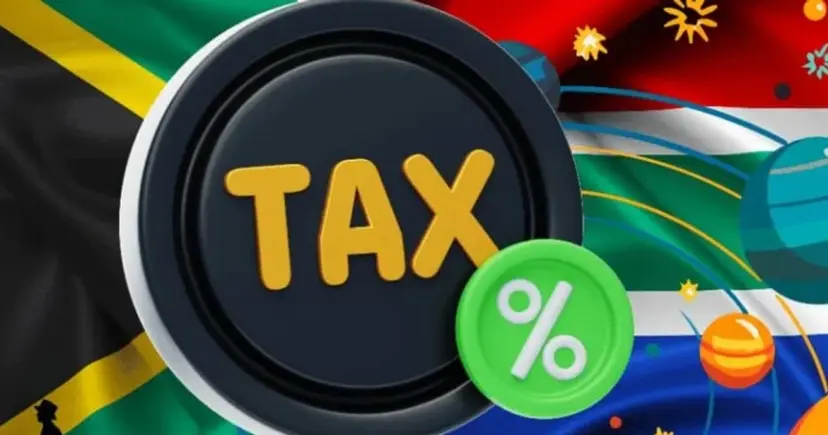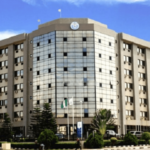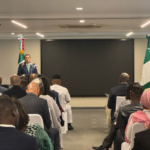Morocco is fast emerging as a top location for global investment, providing up to 30% tax incentives to foreign investors.
These include direct investment subsidies given based on the specifics of each project, its location, and sector, according to Karim Zidane, Morocco’s Minister of Investment. The country also offers “first-year tax exemptions for new companies or those established in specific zones.”
Zidane emphasized that Morocco has positioned itself as a destination for investment in both Africa and the Mediterranean region. He credited this to political stability, robust infrastructure—including Tanger Med port and high-speed rail—and structural reforms led by King Mohammed VI. The country’s new Investment Charter, adopted in 2022, is central to this transformation, providing a transparent and investor-friendly regulatory framework.
The minister detailed Morocco’s competitive edge, which includes not just subsidies and tax breaks, but also strategic location and free trade agreements with both the United States and the European Union.
- Advertisement -
Morocco is uniquely positioned as the only African nation with a U.S. trade deal, making it an ideal location for companies seeking access to both major markets.
Morocco’s investment focus spans high-growth sectors such as automotive, aeronautics, pharmaceuticals, agribusiness, and textiles, with a growing emphasis on renewable energy, green hydrogen, digital technologies, and Industry 4.0. The automotive industry, in particular, has flourished, now leading the country’s exports with over 250 international manufacturers operating locally.
Zidane also noted that Morocco’s development is gaining further momentum through major events like the upcoming 2025 African Cup of Nations and the 2030 FIFA World Cup, co-hosted with Spain and Portugal. These events are driving infrastructure growth and international exposure.
In today’s global environment, where supply chain resilience is crucial, Morocco’s proximity to Europe, competitive operating costs, and openness to trade offer a compelling case for strategic nearshoring. As Zidane put it, “Morocco doesn’t just bring production closer to markets—it offers a forward-looking model of sustainable, integrated, and agile relocation.”








